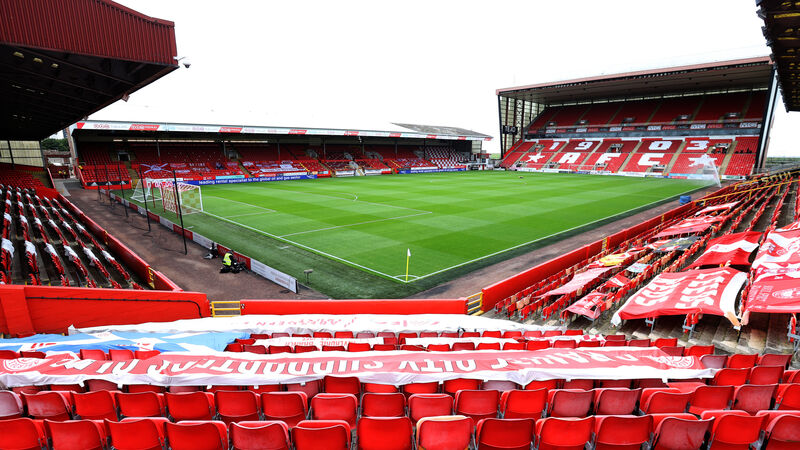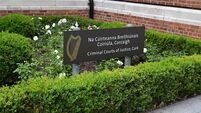Reduced crowds unlikely to lower coronavirus risk, warns study

A general view of Pittodrie Stadium, home of Aberdeen who will host a trial event with 300 spectators
Coronavirus Academics have warned reopening stadia with reduced crowd numbers is unlikely to lower the risk of spreading Covid-19.
Researchers at the University of Reading claim without effective social distancing measures for fans before, during and after matches, rates of transmission will most probably not fall.











